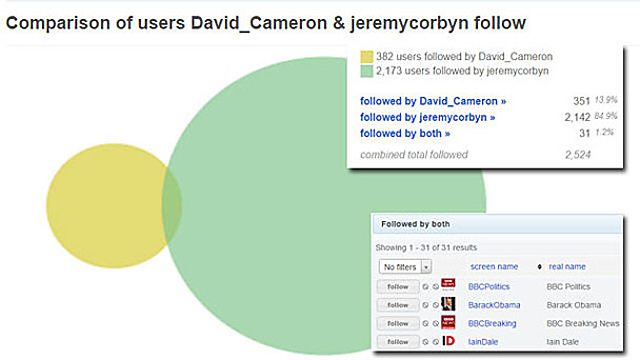
Reporting Tools & Tips
6 Tips for Using Open Source Tools When Reporting from Home
The use of open source tools, user-generated content, and advanced search filters has allowed reporters to break major stories on the COVID-19 pandemic from home quarantine. In a recent GIJN webinar, three investigative researchers shared key insights on the tools and techniques that have unearthed facts and visuals beyond the reach of traditional field reporting.









